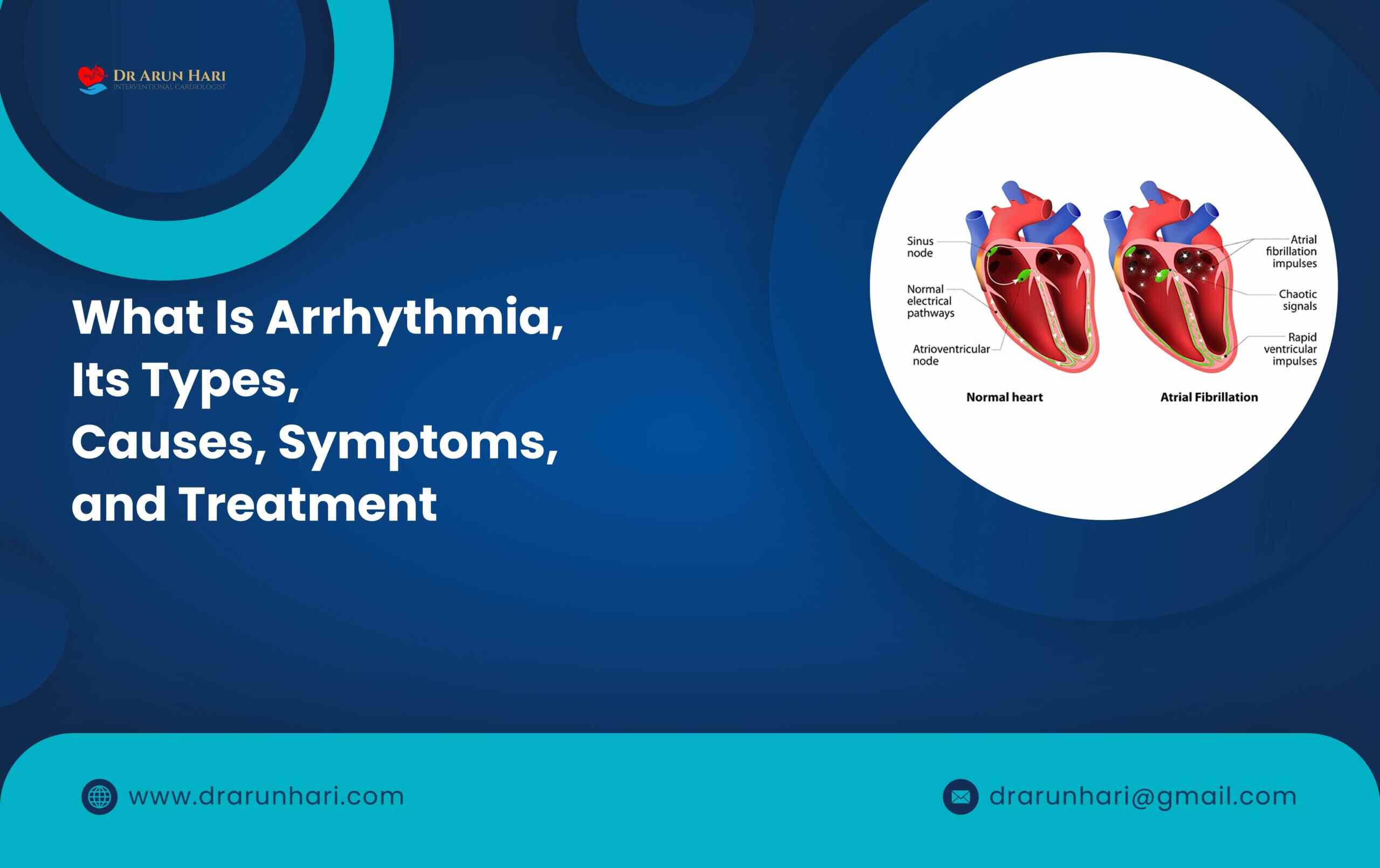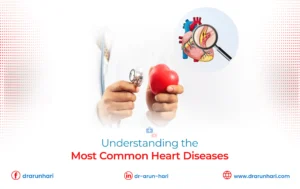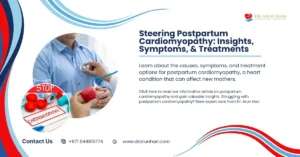When a doctor says that you have arrhythmia symptoms, it means that you are having an abnormal heart rhythm, i.e., either your heart is beating too fast, too slow, or irregularly. This can be a serious condition, as it can potentially evolve into more severe heart conditions such as heart failure or stroke. There are many different types of arrhythmia, and knowing more about your condition can help you manage it in a better way. Here are some things you should know about arrhythmia.
Types of Arrhythmias!
Your heart rate may be affected by arrhythmia, but for treating it, you must know which type of arrhythmia you are dealing with. It is basically of three types as below:
- Tachycardia: If your heart rate is too fast, it is called tachycardia. It is of two types:
- Supraventricular Tachycardia: It involves upper chambers of your heart called atria. It is too can be characterized into different types as follows:
- Atrial fibrillation
- Atrial tachycardia
- Atrial flutter
- Paroxysmal supraventricular tachycardia
- Ventricular Tachycardia: It involves the lower chambers of your heart known as ventricles.
- Supraventricular Tachycardia: It involves upper chambers of your heart called atria. It is too can be characterized into different types as follows:
- Bradycardia: If your heart rate is too slow, it is called bradycardia.
- Palpitations: An irregular heart rhythm, irregular heartbeat or fibrillation.
Symptoms of Arrhythmia!
If you have arrhythmia, it is important to be aware of the signs and symptoms so that you can seek prompt treatment as may be necessary. These include:
- Severe palpitations, heart racing, fluttering, or skipping sensations in your chest
- Chest pain, shortness of breath, dizziness, and fainting.
- Fatigue along with low blood pressure
- Heart failure or cardiac arrest
If you experience any of these symptoms, it is important to see a doctor right away or to seek a consultation with a cardiologist for a comprehensive heart assessment who will be the best person to give you a proper diagnosis and outline the best treatment plan for you.
Causes of Arrhythmia!
You can get arrhythmia by a variety of things. These can include heart disease, electrolyte imbalance, stress, and smoking. If you have arrhythmia, it is important to see a cardiologist to determine the cause. He can then adequately treat your condition.
Dr. Arun – A Highly Skilled, Board-Certified Cardiologist You Can Consult for Getting the Best Treatment of Arrhythmia Symptoms!
There are many ways to treat arrhythmia symptoms such as medications, pacemakers, and defibrillators based on your particular condition. The treatment that is right for you will depend on the cause of your arrhythmia and your overall health. Only a well-qualified & highly skilled cardiologist can truly assess this. Dr. Arun has great experience, skills, and expertise in treating all types of heart conditions utilizing minimally-invasive techniques and therapy to ensure delivering the best treatment and care to all his patients. You must take all heart conditions or abnormalities with utmost seriousness and give your heart the top priority always as it is the most vital organ of your body. It is only the right diagnosis, expert quality care, and the promptness of the treatment that can ensure your heart remains healthy.




